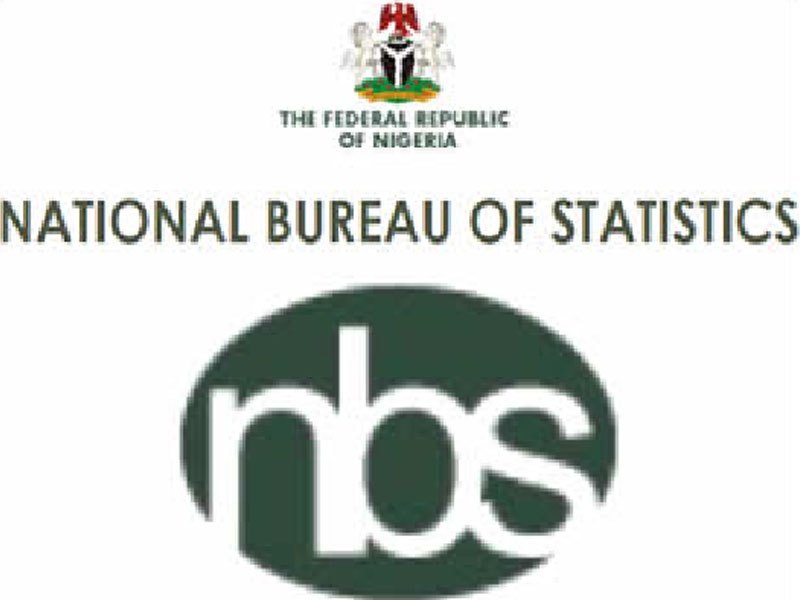Nigeria has recorded its biggest foreign trade deficit since 1981 as the trade balance stood at a deficit of N7.38 trillion in 2020.
This is according to available data obtained from the National Bureau of Statistics (NBS).
According to the recent foreign trade report, total imports in the year 2020 was valued at N19.9 trillion surpassing the total exports of N12.52 trillion, indicating a trade deficit of N7.38 trillion.
This is the second time Nigeria is recording a negative trade balance in the past 10 years.
In 2016, during a similar recession as the one recorded last year, Nigeria recorded a negative trade balance of N290.1 billion, owing to an 11.1% decline in the value of exports.
However, the current trade deficit is more than 25 times higher than that recorded in 2016.
Although Nigeria’s economy grew by 0.11% in Q4 2020, marking the exit from the COVID-19-induced recession, the Q4 2020 trade deficit of N2.73 trillion was the highest recorded in the year.
The plunge in the value of Nigeria’s export could be attributed to the crash of oil prices and the outbreak of the covid-19 pandemic in 2020.
Meanwhile, the Debt Management Office has announced that Nigeria’s public debt as at end of 2020 was N32.915 trillion.
This was disclosed in a statement by the DMO as it cited that many countries including the advanced countries also increased their level of borrowing as a result of COVID-19.
The DMO said the sum of the debt includes Debt Stock of the Federal and State Governments as well as the Federal Capital Territory.
It will be recalled that after Nigeria exited recession in 2017, the level of New Borrowing at the Federal Level as shown in the Annual Appropriation Acts, had been declining as part of the Government’s measures to moderate the rate of Growth in the Public Debt Stock in order to ensure debt sustainability.
New Borrowing to part-finance Budget Deficits had declined steadily from N2.36 Trillion in 2017 to: N2.01 Trillion in 2018, N1.61 Trillion in 2019 and N1.59 Trillion in the first 2020 Appropriation Act.
They added that the trend was reversed in 2020 due to the economic and social impact of the COVID-19 Pandemic as New Borrowing in the revised 2020 Appropriation Act was N4.20 Trillion.
DMO also revealed that apart from the New Domestic Borrowing of N2.3 Trillion, the other New Borrowings were concessional Loans from the International Monetary Fund (USD3.34 Billion) and other multilateral and bilateral lenders, which was used to partly finance the 2020 budget.
Total Public Debt to Gross Domestic Product as at December 31, 2020 was 21.61% which is within Nigeria’s new Limit of 40%.
The various initiatives of Government to increase revenues such as the Strategic Revenue Growth Initiative and the Finance Act, 2020, should help shore up Government’s revenue and reduce the Debt Service to Revenue Ratio,” it added.

 Health1 week ago
Health1 week ago
 Crime1 week ago
Crime1 week ago
 Latest7 days ago
Latest7 days ago
 Health6 days ago
Health6 days ago
 Football6 days ago
Football6 days ago
 News1 week ago
News1 week ago
 Latest1 week ago
Latest1 week ago
 News1 week ago
News1 week ago

